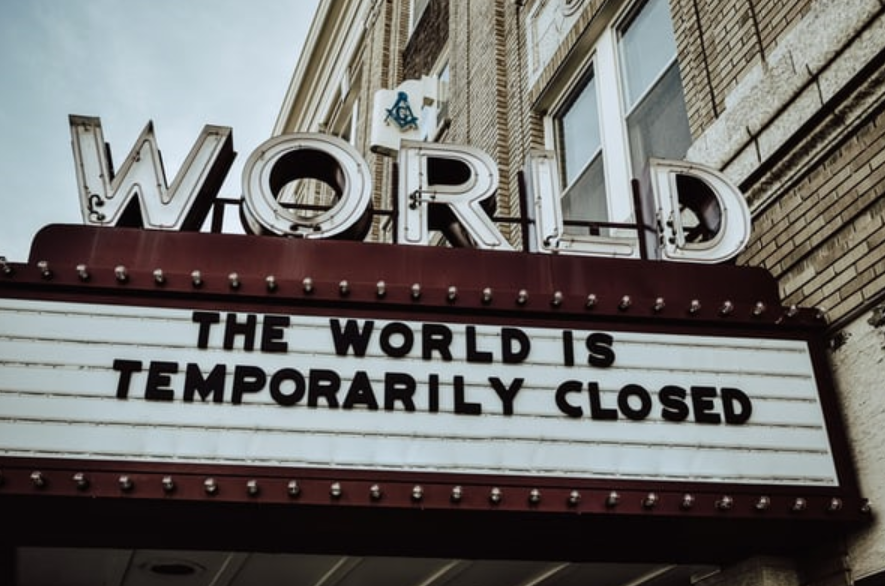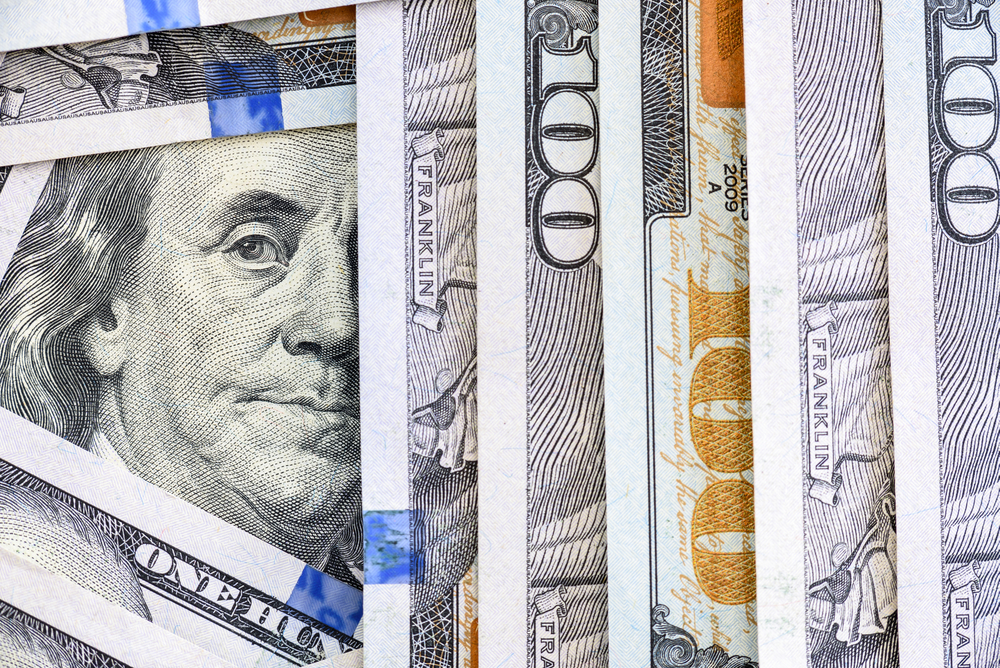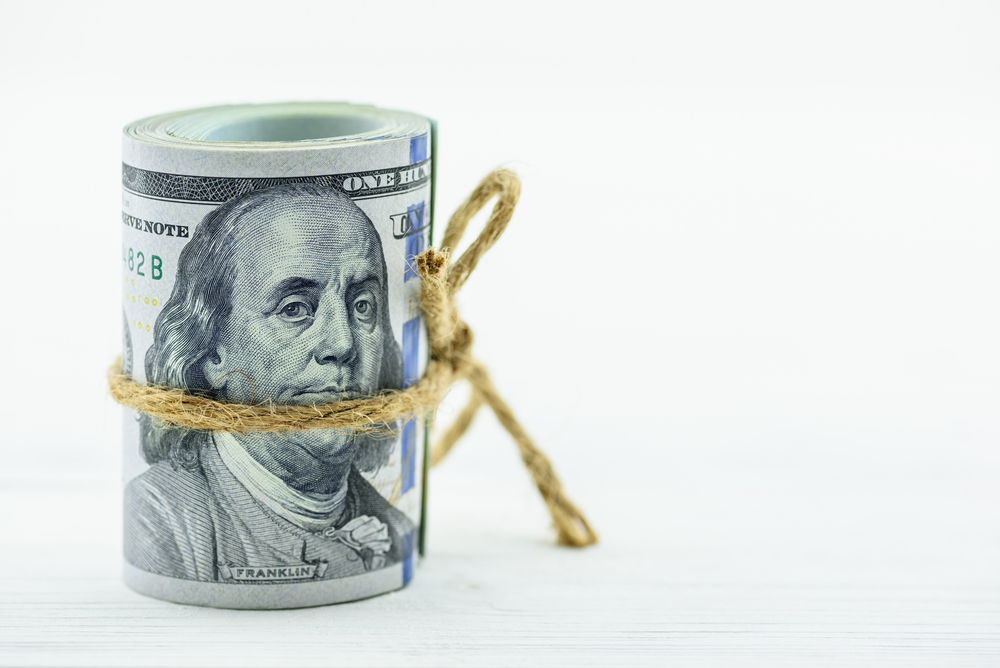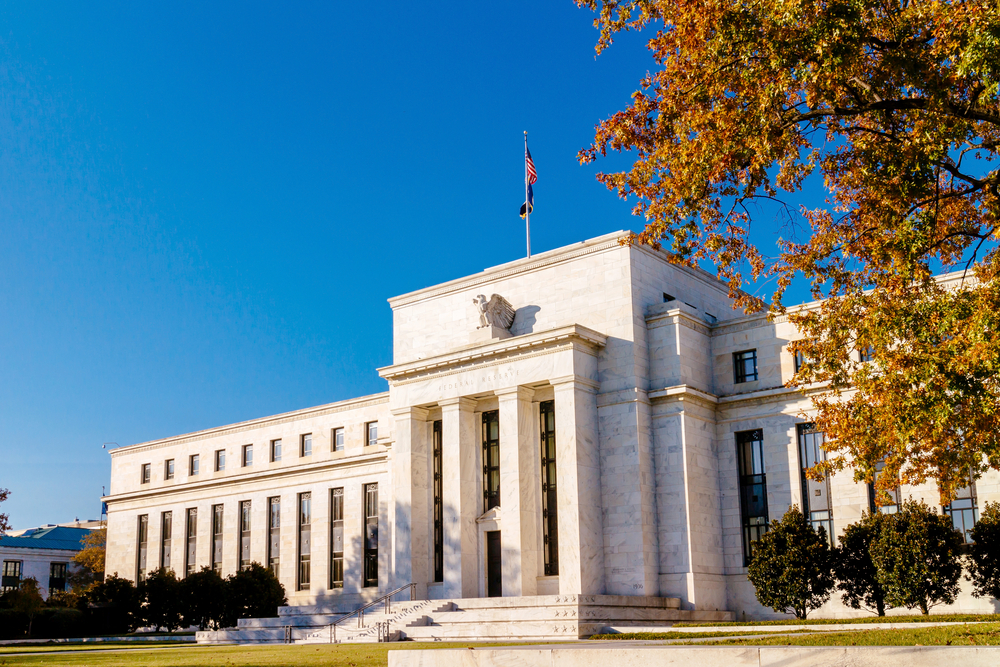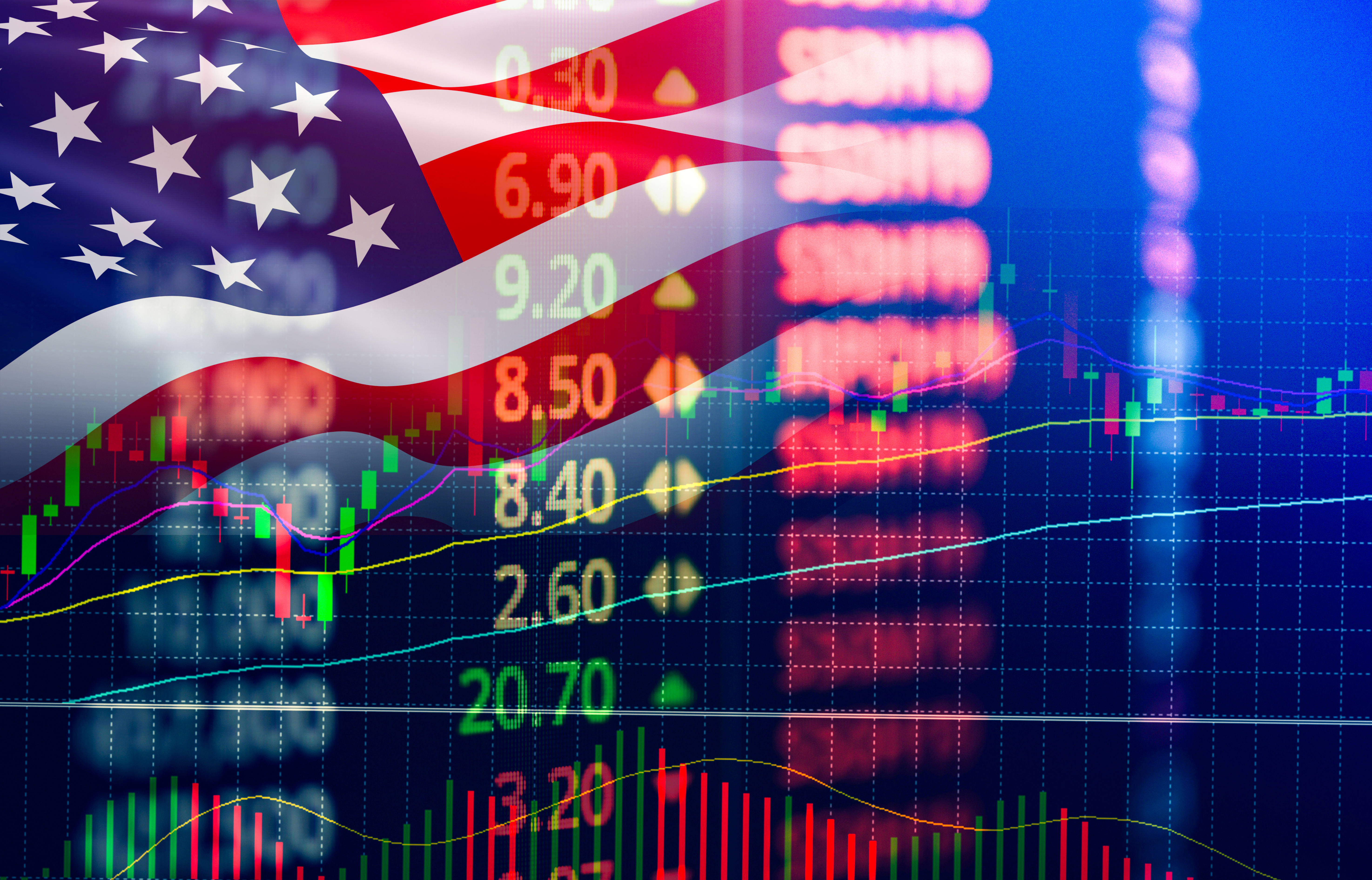Welcome 2021: Vaccination, Case Numbers, New Restrictions
After intensive studies conducted by many pharmaceutical companies against the coronavirus (Covid-19), the vaccination process began with approval of global authorities.
Five widely accepted vaccines are on the agenda, but the European Medicines Agency (EMA) and the US Food and Drug Administration (FDA) have approved the first vaccines produced by German BioNTech and Pfizer and Oxford University and British drugmaker AstraZeneca. Moderna vaccine was approved by 3 countries. And Sputnik V vaccine developed by the Russia - Gamaleya Institute and the Chinese Sinovac vaccine have not yet approved by global authorities.
Also, the new stain of the coronavirus, which was first observed in the UK in September and could not be identified until December, spread to many countries. The stain, which was recently identified in 15 people in Turkey and is known to be up to 70 percent more contagious, has been seen in 35 countries, mainly in EU countries and the United States. However, statements from drug manufacturers indicate that the developed vaccines will probably also affect the new stain, but in the context of new tests to clarify the situation, a period of about 6 weeks is required. In the meantime, the vaccination process continues in accordance with the approvals from the relevant authorities against Covid-19.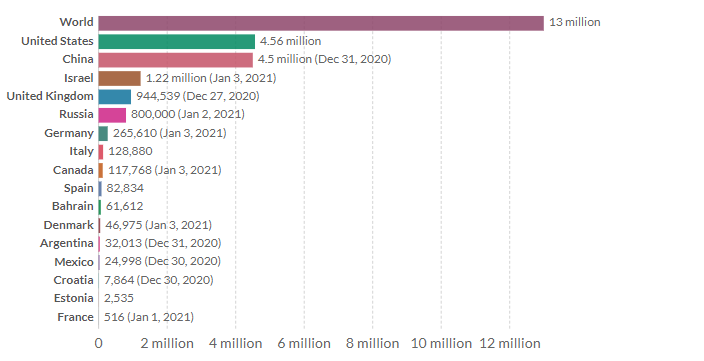
According to Our World in Data platform, which compiles statistics on coronavirus, the number of people who received the first dose of vaccination against coronavirus has exceeded 13 million worldwide. The USA with 4.56 million and China with 4.5 million are at the top of list. Israel with 1.22 million and England with 944 thousand are among the leading countries. In the vaccination schedule that started in the EU as of December 27, Germany was at the top with 265 thousand vaccines, while only 516 people were vaccinated in France.
New Restrictions are on the Agenda
As the vaccination schedule against coronavirus progresses, a particularly massively decreasing mood of panic brings social activities. However, the vaccination process is also overshadowed by record-breaking case numbers.
According to data compiled by Worldometers, the number of those infected with coronavirus has exceeded 86 million. More than 61 million people have recovered from the outbreak and 1.86 million have died. The number of cases in the United States, which is the center of the pandemic, is over 21 million. And the cases exceeded 10 million in India and 7 million in Brazil. In Russia, the UK, France, Turkey and Italy, the number of cases is currently 3.28, 2.71, 2.65, 2.25 and 2.16 million, respectively. The United States, Brazil and India are again leading the number of deaths.
Due to the fact that the vaccination process is not yet widespread, record-breaking daily case numbers are setting the stage for public authorities to resort to new restrictions in order to control the rates. Yesterday British Prime Minister Boris Johnson announced the 3rd national quarantine, and Covid-19 restrictions in Austria and Sweden were extended until 24 January. In Norway, in addition to the existing measures, the sale of alcoholic beverages and face-to-face education were prohibited. Meanwhile, Japanese media reported that Prime Minister Yoshihide Suga was considering declaring a state of emergency in Tokyo and 3 surrounding regions, and German media claimed that Merkel's government plan to extend the shutdown period, which was set to end on January 10, until January 31.
In the last quarter of the year cases escalated again, in other words, second wave started, and the widespread continuation of the measures taken by the public authorities in the new year creates downward pressure on consumption and hence, on economic activities. Efforts to stop the rate of production of Covid-19 by targeting social activities in particular will subdue the consumption behavior of households, and they have already negatively affected production activities in the retail, aviation and tourism sectors. On the other hand, we expect that the manufacturing sector will be less affected than the service sector, since the panic experienced in the first wave of the pandemic does not occur again and there is no rupture in the supply chains due to the supply shock. But continued uncertainty over the economic outlook is likely to hamper growth through employment. In this context, we can see stimulus packages directly targeting sectors in countries where coronavirus restrictions are tight.

